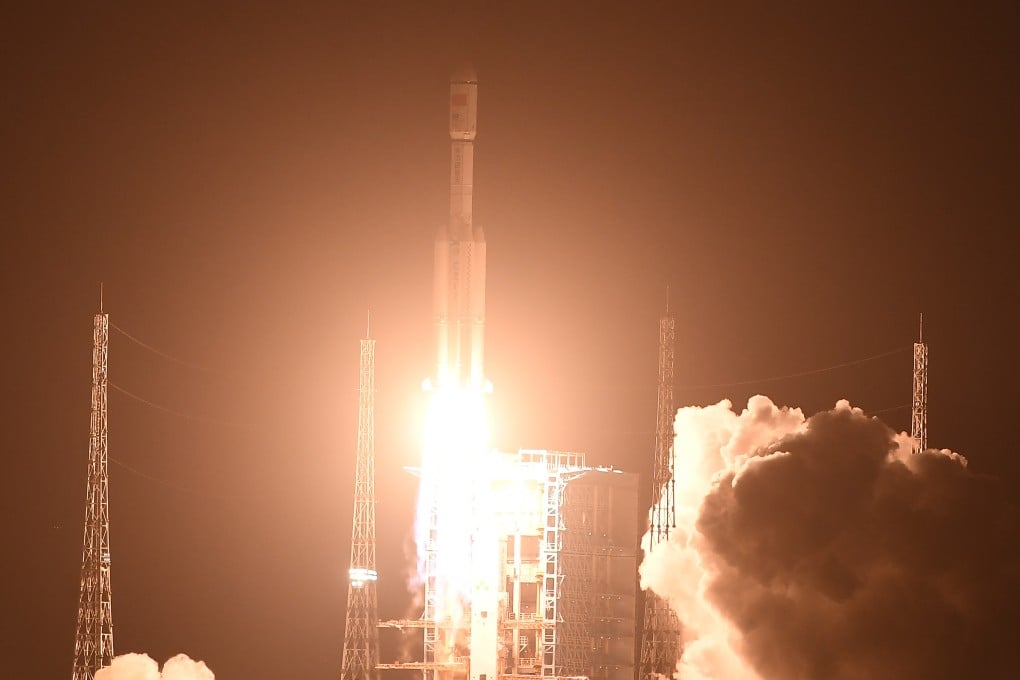How does space affect the mind? China sends ‘mini-brain’ to Tiangong to find out
Experiment appears to be the first in space involving a highly integrated chip containing human brain cells and blood vessels

Researchers aboard the International Space Station have previously used brain cell cultures and early-stage brain organoids to study ageing and disorders such as Alzheimer’s.
The brain model – grown from living tissue including nerve and immune cells, capillary-like vessels and a barrier that mimics the brain’s natural defences – offers more human-like data than traditional cell cultures or animal experiments, Qin told the state-run China News Service on Tuesday.
She said its three-dimensional, dynamic design also allowed real-time observation of how brain tissues behaved in orbit, making it a powerful tool for space medicine, neuroscience research and drug development.
